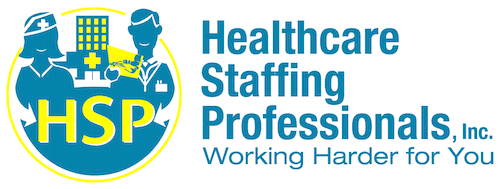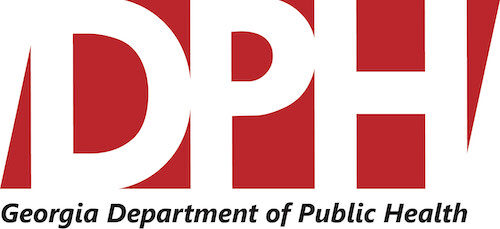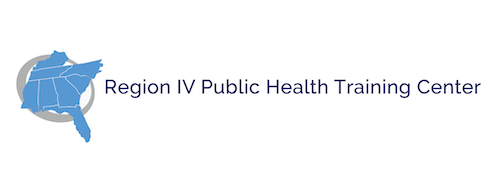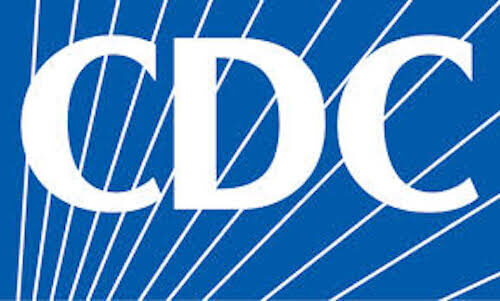Description
A research opportunity is available in the Division of Reproductive Health (DRH) within the National Center for Chronic Disease Prevention and Health Promotion (NCCDPHP) at the Centers for Disease Control and Prevention (CDC) in Atlanta, Georgia.
The mission of DRH is to promote optimal and equitable health in women and infants through public health surveillance, research, leadership, and partnership to move science to practice. DRH’s Women’s Health and Fertility Branch promotes optimal and equitable reproductive health and advances evidence-based practices through epidemiologic research and surveillance related to health behaviors and outcomes, unintended pregnancy prevention, fertility, and contraception
The selected participant will gain experience examining reproductive health topics among women with disabilities. Approximately 10% to 12% of reproductive-aged women in the United States have a disability. Reproductive-aged women with a disability might face challenges accessing prenatal and postpartum care and finding providers who are knowledgeable about their specific condition. However, there is limited data about pregnancy and postpartum behaviors and experiences among women with disability. CDC’s Pregnancy Risk Assessment Monitoring System (PRAMS) is an ongoing, state-specific, and population-based surveillance system that collects data from the time before, during, and shortly after pregnancy among women who have had a recent live birth. Beginning in 2019, PRAMS began to gather information about disability. Under the guidance of a mentor, the participant will address gaps in knowledge about reproductive health among women with disabilities through data analysis of the PRAMS Disability supplement and potentially other data sources (e.g., MarketScan, the Behavioral Risk Factor Surveillance System [BRFSS]), data interpretation, preparation and dissemination of findings (e.g., fact sheets, peer-reviewed journal articles, presentations). Such information can be used to guide the development of clinical practices guidelines, intervention programs, and other initiatives of federal, state, and local agencies to improve services and the health of women of reproductive age living with disability.
The learning objectives and activities for this appointment include:
- To develop project coordination skills for analytical projects
- To develop skills for analyzing complex survey data using appropriate statistical software
- To develop technical assistance skills on epidemiology, data analysis, and translation
Qualifications
The qualified candidate should have received a master’s or doctoral degree in one of the relevant fields, or be currently pursuing one of the degrees with completion by May 31, 2021. Degree must have been received within the past five years.
Preferred skills
- Experience in epidemiology and statistical methods
- Experience with complex survey design and data analysis
- Excellent oral presentation skills
- Strong scientific writing skills
- Strong skills in statistical software such as SAS and SUDAAN
- Competency in Microsoft applications including Word, Excel, and Outlook
How to Apply
Click here to read more about this position and apply online!












Recent Comments